10 of the World's Strangest Tourist Attractions
Forget beachballs and pina coladas by the pool - these 10 very strange tourist attractions will have your heart thumping and your mind blown...
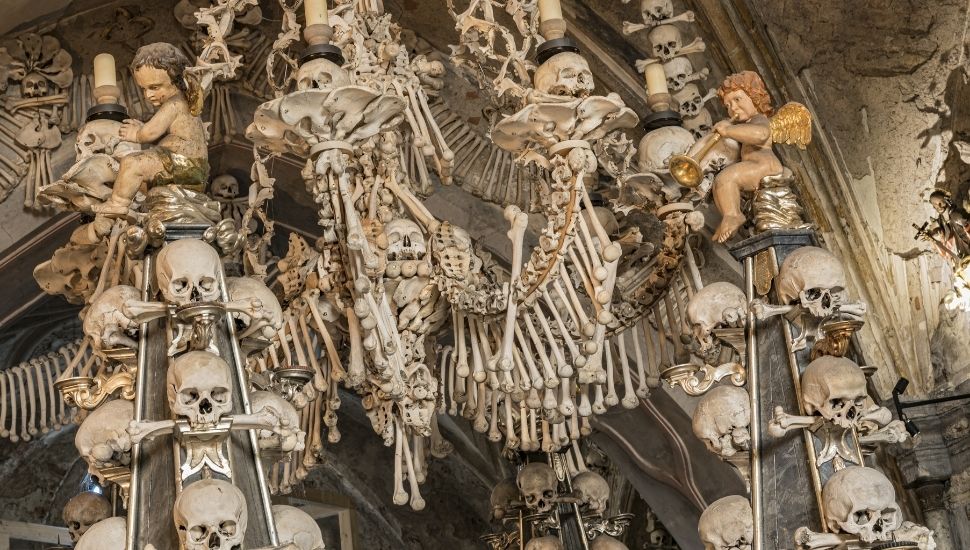
Sedlec Ossuary, Czech Republic
In 1870, a wood carver was asked to organise the ossuary of Sedlec in what is now the Czech Republic.
It's composed of more than 40,000 human skeletons - many who succumbed to the Black Death.
The wood carver's solution was to adorn the place of worship with the bones. There's a bone challis, a bone chandelier and a bone garland, among many other bony artefacts.
It's one of the Czech Republic's most popular tourist draws.
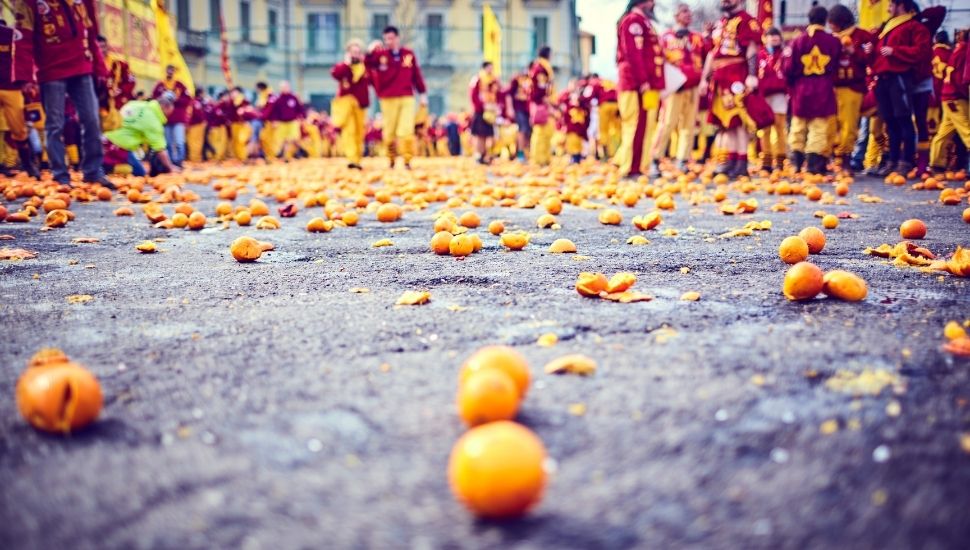
Battle of the Oranges, Ivrea, Italy
Comparable to the vast annual tomato fight of La Tomatina in Valencia, the Battle of the Oranges takes place in the Northern Italian City of Ivrea.
The citrusy set-to commemorates an historical struggle against an infamous local tyrant, and is the largest food fight in the region.
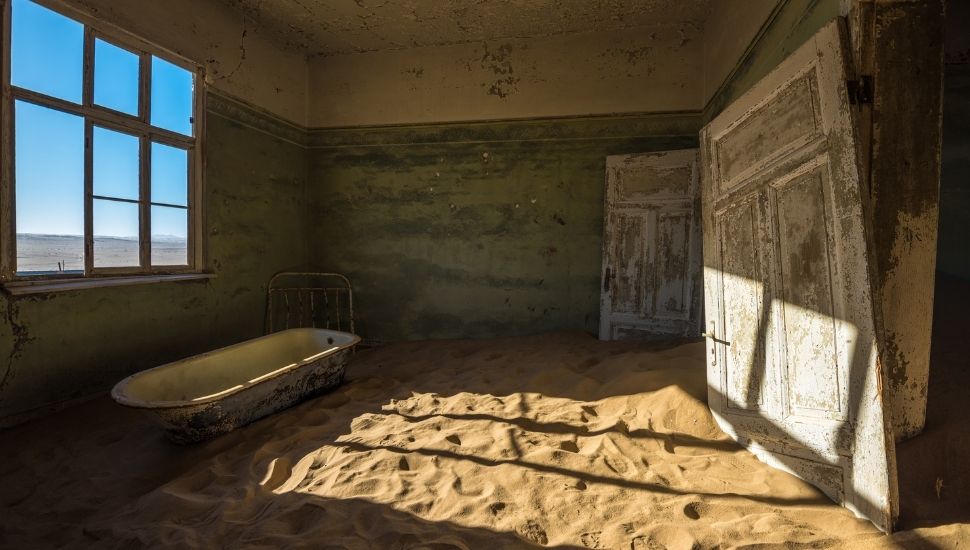
Kolmanskop, Namibia
Kolamskop was a mining town in Namibia, established by German fortune-seekers. But the settlement was abandoned in the 1950s and its buildings - including a casino and an ice factory - are now filled with drifting sand.
Popular with urban explorers - or "urbexers" - Kolmanskop makes for some fascinating photo ops.
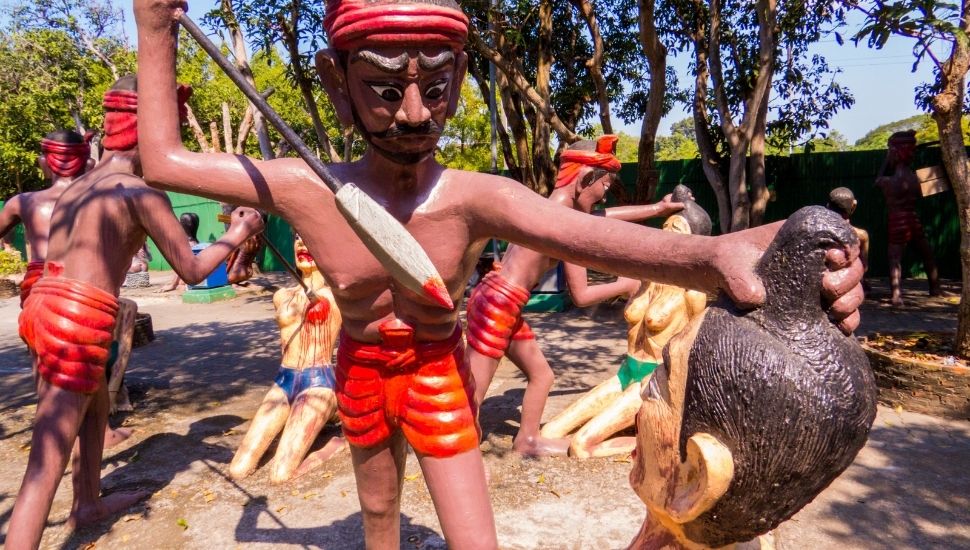
Wang Saen Suk "Hell Garden", Thailand
The Thais are traditionally big on karma, being as they are mostly Buddhist. And Wang Saen Suk, aka "Hell Garden" is a not-so-friendly reminder of what happens if you're badly behaved in this Earthly realm.
This park is filled with grotesque statues of sinners being sawn up and impaled. Not one for the kids, perhaps, but fascinating nonetheless.
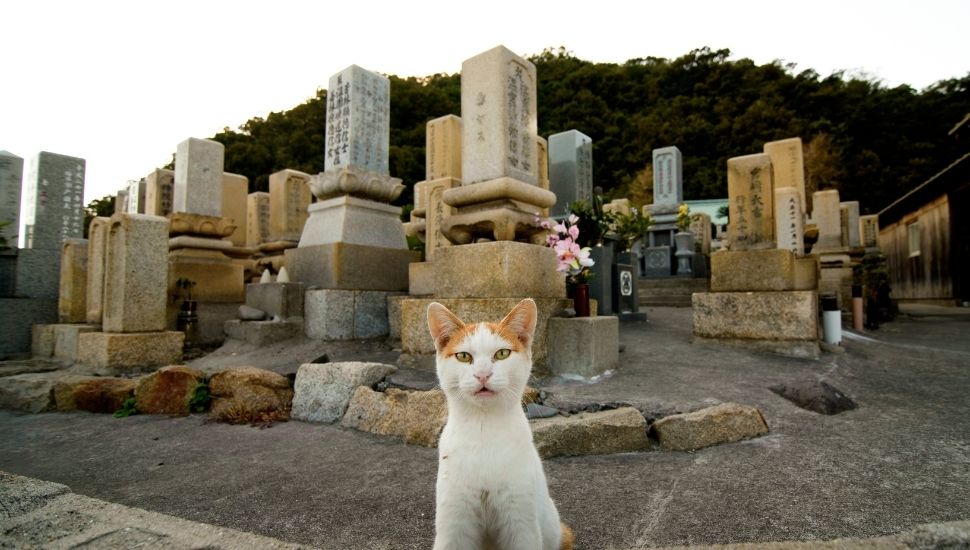
Aoshima Island, Japan
This former fishing island in Japan is now home to thousands of kitties. It's just one of many cat-plenty islands in Japan, and has become popular with feline-friendly Instagrammers from across the country and overseas.
If you prefer rabbits, why not visit Ōkunoshima, also in Japan, where rabbits run amok in even greater numbers.
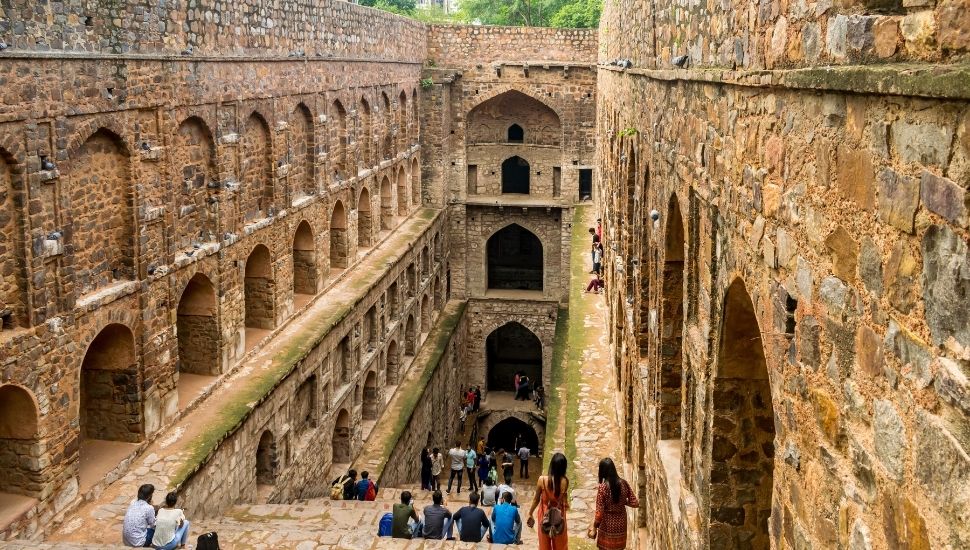
Agrasen Ki Baoli, Delhi, India
Originally built by the legendary king Agrasen, Agrasen Ki Baoli is a step well in the heart of the Indian capital, Delhi.
It was designed to access the water table at all times of year, thereby preventing the city from suffering from droughts.
The present form of the step well is the result of a 14th-Century rebuild.
Spooky shifting shadows accompany those who descend the well's many steps.
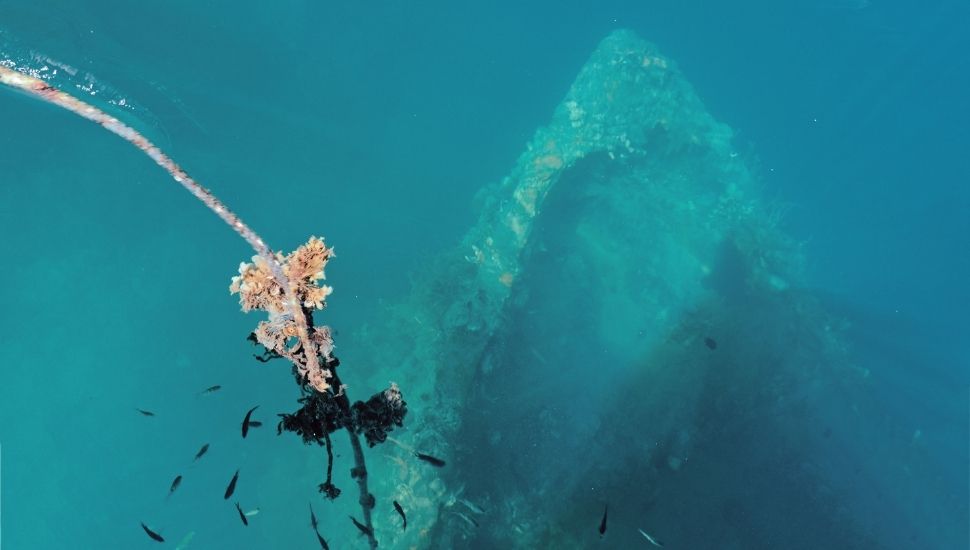
The Japanese shipwrecks of Coron, Philippines
While Coron Island boasts many stunning dive reefs surrounded by colourful sea life, there are stranger, darker dive sites here too.
Several Japanese warships were sunk here by US forces in World War Two, and it's possible to scuba dive around - and inside - these rusting hulks. Fighter planes and various detritus of war also remain to be explored.
The fabulous aquatic views have made it one of the world's top dive sites.
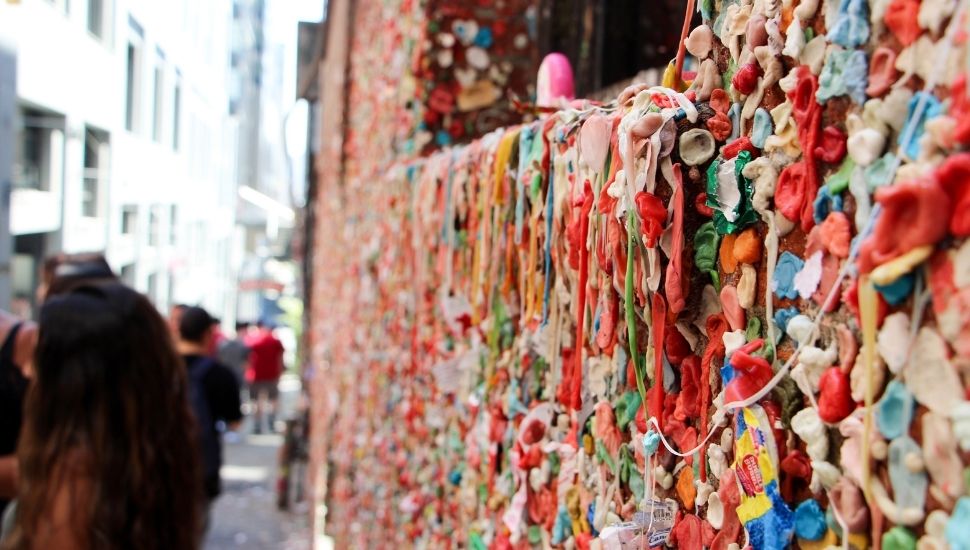
The Market Theatre Gum Wall, Seattle, USA
In the age of Covid, you'd be well advised to stay at least 2 metres away from this attraction - but it's nothing if not interesting.
The Market Theatre Gum Wall in Seattle, Washington, is quite literally plastered in chewed gum.
Apparently gum chewers waiting in line added their Wrigley's to the wall sometime in 1993. Inspired, many others followed suit.
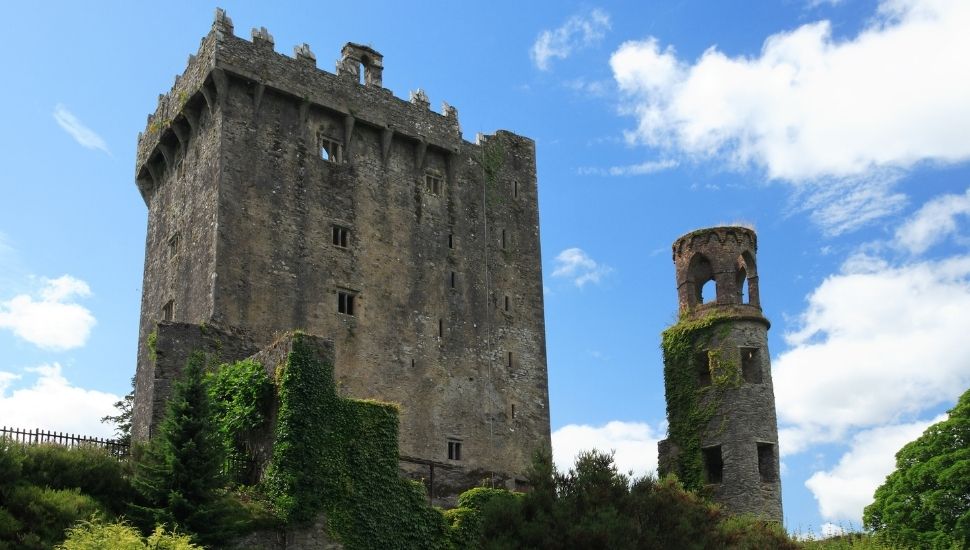
The Blarney Stone, Cork, Ireland
Every year, tourists and locals line up to kiss the Blarney Stone in County Cork, Ireland - whilst upside down.
The magic stone is said to give those who pucker-up the gift of the gab.
Visitors were banned from kissing the stone after the outbreak of Covid, pausing a tradition that has lasted 600 years. However, it's now possible to kiss the stone once more - you just have to wait for the WHO-approved cleanser to dry first!
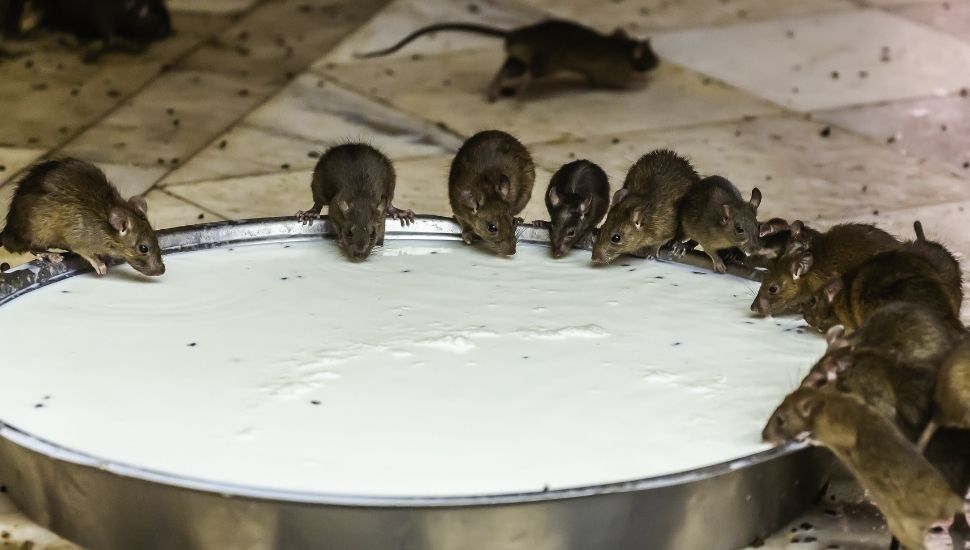
Karni Mata - Temple of Rats, Rajasthan, India
Yet another hygienically dubious attraction is the Temple of Rats in Rajasthan, India.
The temple is home to around 25,000 black rats, said to be the reincarnated children of Karni Mata.
Laxman, son of Karni Mata, is said to have drowned in a pond called Kapil Sarovar in Kolayat Tehsil. Karni Mata pleaded with the god of death, Yama, to bring Laxman back to life. After initially refusing, Yama relented and allowed all of Karni Mata's children to be reincarnated - as rats!
Locals even eat the rodent's left-overs, as they are considered blessed.
Get a Quote